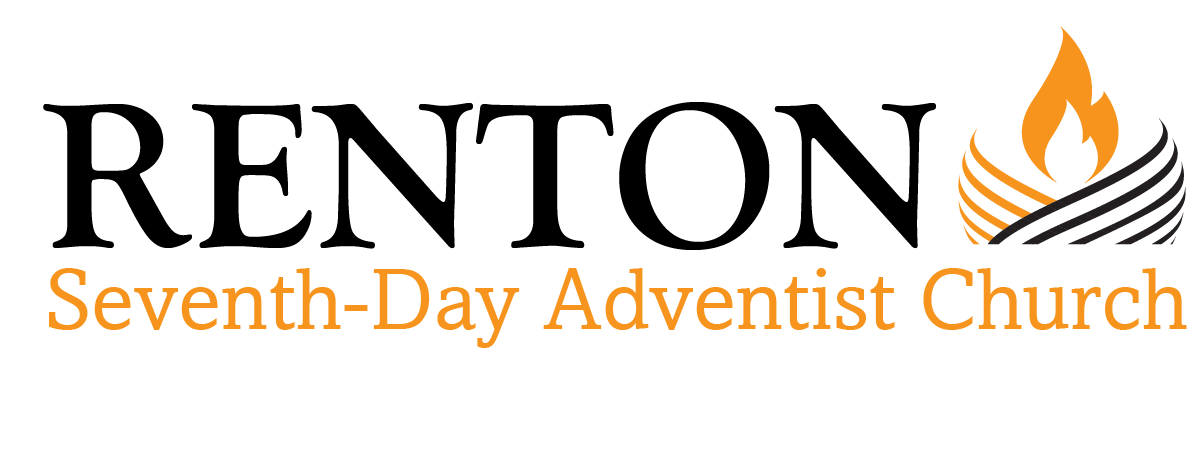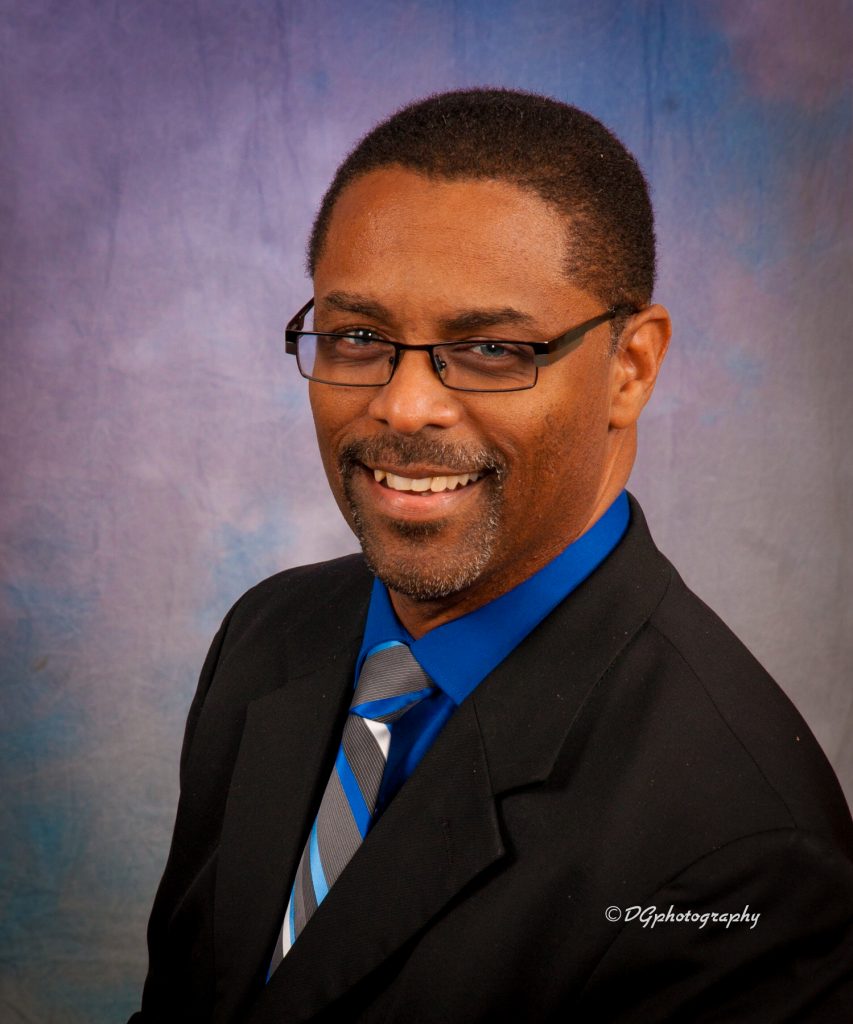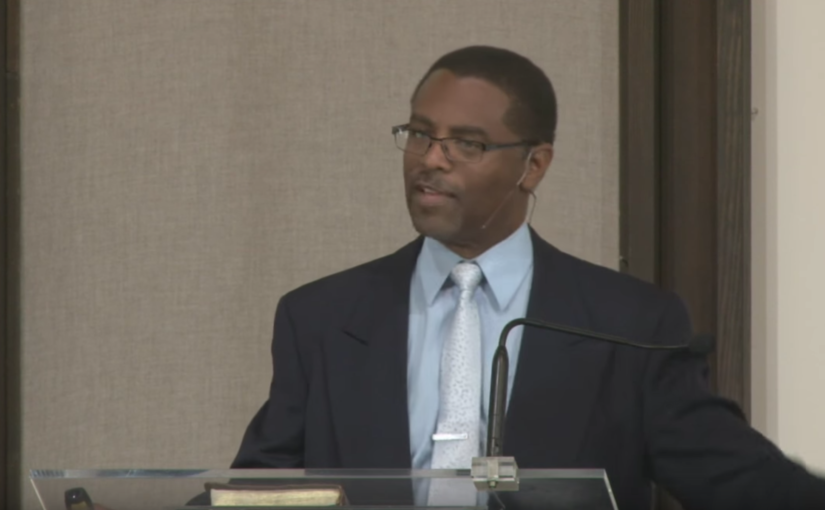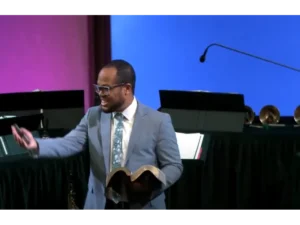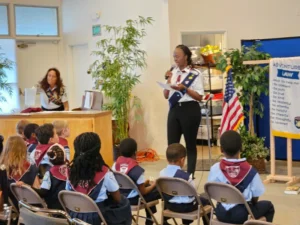On Sabbath we continued our journey with the Shepherd through the 23rd Psalm, and took a turn through the Shadowlands of verse 4.
Rewind to Psalm 23:4. This verse represents the summer drive to the highlands. The first three verses reflect life on the home range. By the end of spring, the home pastureland is overgrazed and cannot sustain the flock. The shepherd now leads his sheep to the mountain ranges and won’t return to the home pen for several months. The only way up is to go through the valley.
The first lesson we learn about the valley is that: higher ground in Jesus is gained by walking through the shadowlands with Jesus. The purpose of the valley is to get you to higher ground. And you can only say “I have nothing to fear” in the darkness, if you have found the Lord to be everything you need in the light.
The valley of the shadow of death is a Hebrew idiom for intense darkness. It’s a place of difficulty and threat. So how do you walk there without fear? Because the Lord is still your shepherd, and even in this valley, you have everything you need, because you have Him.
A big mystery that is hard to accept is that the dark valley, or ravine is as truly one of His “right paths” as are the paths to green pastures…because of the presence of the shepherd in both places! The Lord is not just our shepherd in good times. He’s our shepherd at all times.
Our greatest danger in the valley is losing trust in the Shepherd and choosing a way that we think is better, safer, and less forbidding. Wolves of doubt, bitterness, and anger wait to devour those who lose their way in the valley. It’s vital to remember that my relationship with the Shepherd is my only lifeline through the shadowlands.
Note the pronoun shift from 3rd person to first. It is no longer enough to talk and know about Jesus. In the shadowlands, it’s personal. We talk directly to Jesus. There’s no place for theory in the shadowlands. Pain has a way of exposing theory and dogma as shadows themselves. In the presence of pain I need the presence of the Shepherd.
That brings us to another mystery of the valley: We are closest to God when life is at its darkest. It is when the child can’t see in the dark that he squeezes the hand of his father or mother the tightest. Theory won’t comfort me, but His very real “rod and staff” will. The rod protects while the staff keeps me on course. The rod represents the word of God and can be used to discipline hard-headed sheep as well. (See Heb. 4:12.)
The staff represents the Holy Spirit–the “Comforter.” The staff is often laid on one side of a straying sheep to gently nudge it back onto the path. The Shepherd uses both the Word and the Spirit (law and grace) to bring us through the shadowlands.
The Psalm doesn’t say we stay and die in the valley of the shadow. It says we walk through it. He’s been faithful in the past and He is faithful still. Just walk through whatever valley with Him, drawing strength from His rod that protects you, and comfort from His staff that guides you. You and I have nothing to fear as long as we stick with the Shepherd! Following the shepherd doesn’t keep us out of the shadowlands; it gets us through them.
When Jesus passed through His darkest valley on the cross and couldn’t feel His Father’s presence, He yielded to His Father’s care. And we must do the same. In the cross we learn that what often appears to be the curse of God is in reality the glory of God.
We think of the resurrection to come as the glory of God–the victory over our circumstances. But the glory of God is also His presence in the midst of our circumstances. The thief on the cross saw the character of God in Jesus’s suffering not his miracles. Indeed, he was witnessing Jesus’s greatest miracle—self-sacrificing love! Same with the Centurion. Jesus’s trust in His Father in the valley allowed the centurion to see the glory of God. How we trust the Shepherd in our valleys allows others to see the glory of God.
Therefore, the strongest gospel message does not come from a pulpit; it often comes from the shadowlands where we learn to walk in trust with God. We can face the darkness without fear because Jesus is there with us. The upset of today is part of the resolution ahead. And the pain we face now is part of the happiness then in that tomorrow when pain will be no more.
Is God as good in the shadowlands as He is in the green pastures below? Yes. God is good…all the time. –Pastor Randy
